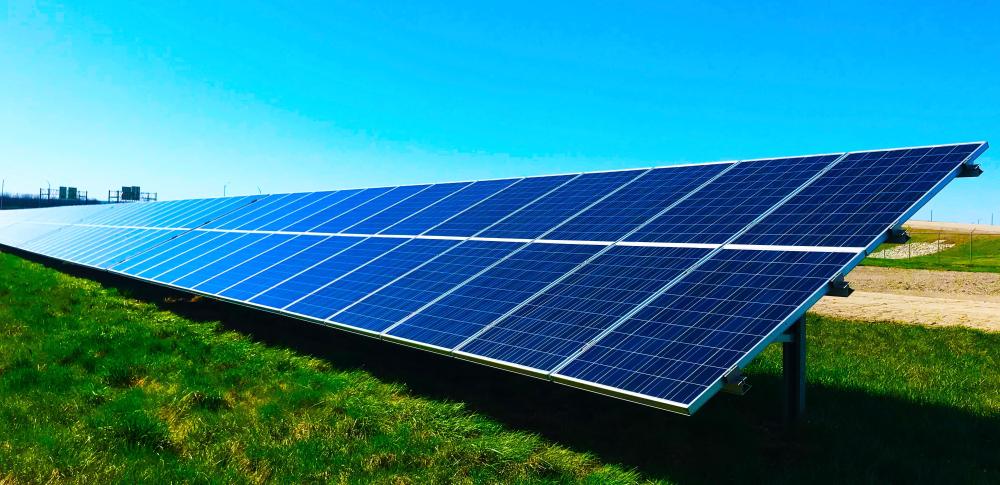Functional Materials
Functional Materials
Functional Materials

Have you ever thought about how your phone screen combines two properties that usually don’t go together?
Think about it for a moment. The screen is transparent, so you can see through it, but at the same time it responds to your touch because it conducts electricity. This is unusual: most electric conductors are metals, which are not transparent, whilst most transparent materials, such as glasses and plastics, are not conductors. Modern materials science has found a way to combine these properties.
Functional materials are called just that because they have unique electric, optical, magnetic or thermal properties that enable them to do something, rather than “just be there”. Such advanced materials are already found in computers, phones, cars, kitchen appliances and space telescopes, and new applications are invented constantly.
In the future, we want to surround ourselves with technology that is even smarter, better, more lightweight, and more environmentally friendly than what we have today. With a solid foundation in materials science and engineering, combined with the knowledge and tools of state-of-the-art nanotechnology, you can develop the next generation of smart materials that will be in everybody’s pockets tomorrow!
